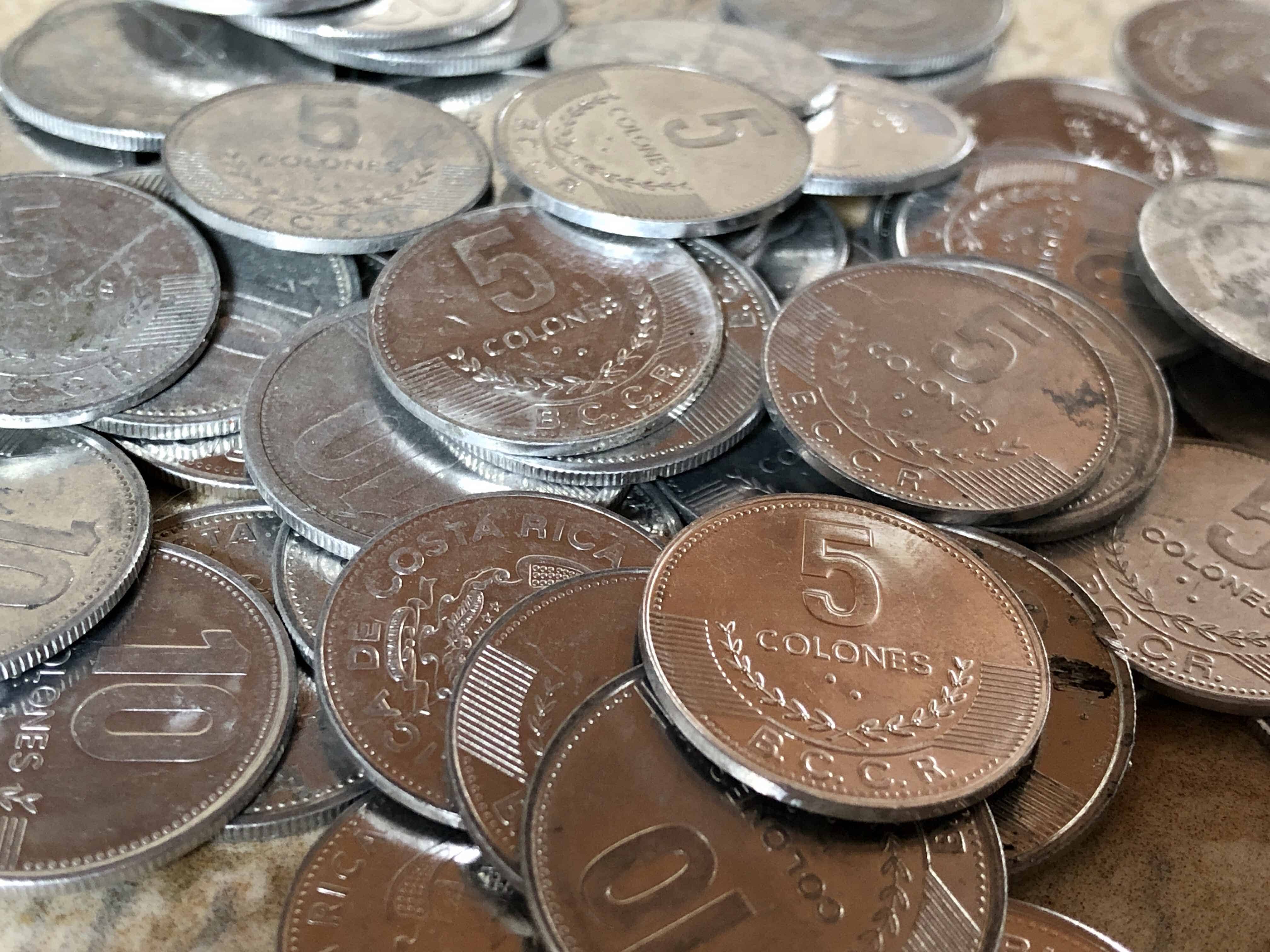Costa Rica’s economy began to show signs of recovery, its first since the start of the Covid-19 pandemic, with an increase in tax collection over the first weeks of November, the government reported Monday.
Data from the Finance Ministry indicate that tax collection during the first half of November exceeded by 2.2% that of the same period in 2019, the first time that such an increase has been registered since March, when economic activity was paralyzed by measures to contain the spread of the new coronavirus.
For the Minister of Planning, Pilar Garrido, this variation is a sign that the economy has started a recovery process.
“It seems to us that it is a reason for cautious optimism,” Garrido, who is also the coordinator of the government’s economic team, said in a statement.
“The pandemic has dealt a very strong blow. These signs generate an optimistic attitude to move forward,” President Carlos Alvarado wrote on Twitter.
The pandemic aggravated problems that had already existed within the Costa Rican economy. In 2018, the country approved a reform with new taxes to contain a fiscal deficit of 6% of GDP.
After the sanitary containment measures provoked by the pandemic, the Ministry of Finance projected that the deficit in public finances would reach 9.3% of GDP.
At the same time, unemployment rose from 12% in the first quarter of the year to 22% in the period from July to September, and the Central Bank projected an economic contraction of 4.5% of GDP for this year.
The Costa Rican government called in October for a dialogue with all sectors of the country, including business-owners, unions and academics, to formulate consensus proposals for economic recovery.
The dialogue concluded on Saturday with a set of proposals to cut the fiscal deficit, stimulate the economy and increase the efficiency of the public sector.






